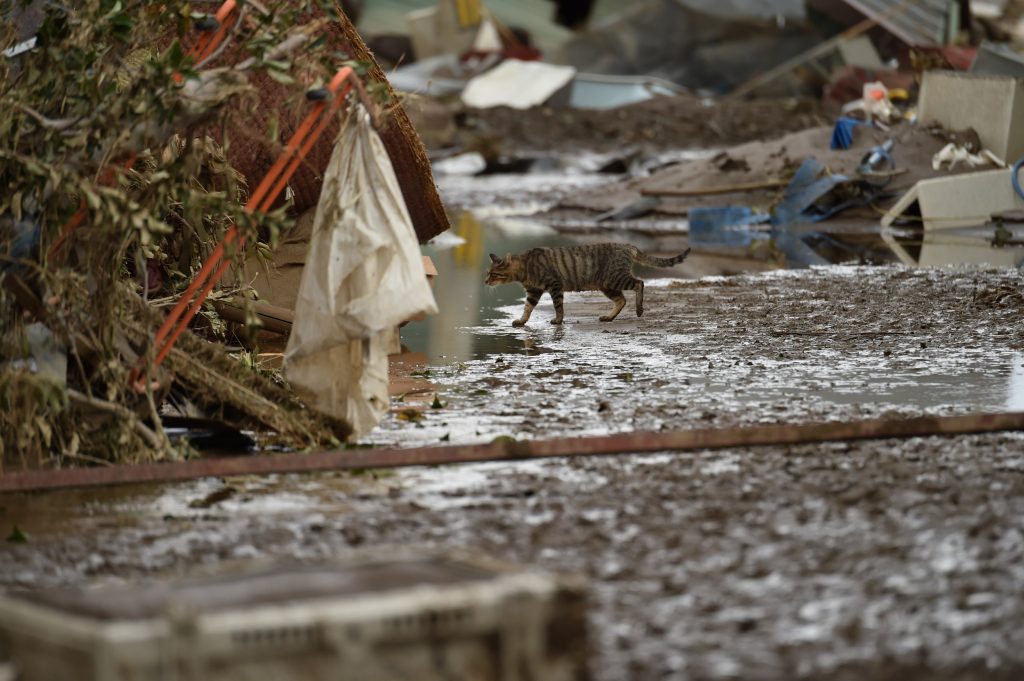
- ARAB NEWS
- 19 Apr 2024

Tokyo
A Japanese team of researchers have found that stray and free-ranging domestic cats fed by humans are preying on rare species on Tokunoshima Island in the southwestern prefecture of Kagoshima.
“We hope people will know that feeding promotes the population growth of cats and affects the natural environment,” said the team, consisting of researchers at such institutes as Kyoto University and the Forest Research and Management Organization's Forestry and Forest Products Research Institute.
Predation by cats on endangered endemic species inhabiting the island, such as Amami rabbit, has been a problem due to the proximity of forests and the areas of human livelihood. Amami rabbit, which has the scientific name of Pentalagus furnessi, is a Japanese government-designated special natural treasure.
Yuya Watari, chief researcher at the Forestry and Forest Products Research Institute, and others collected feces and hairs of cats captured in forests between December 2014 and January 2018.
Their analysis of feces from 174 cats revealed that some 20 pct of them preyed on six kinds of rare species, including Amami rabbit, Ryukyu long-haired rat, or Diplothrix legata, and spiny rat, or Tokudaia tokunoshimensis, in a few days before they were captured. Ryukyu long-haired rat and spiny rat are designated natural treasures.
Meanwhile, the study on hairs showed that most cats ate cat food in several months before they were captured, suggesting that cats move between residential areas and forests and prey on endangered species.
“The impact is tremendous as animals on the island have low levels of alertness and can be easy preys. It is desirable for cats to be kept indoors,” Watari said. Their research paper has been published in British journal Scientific Reports.
Jiji Press